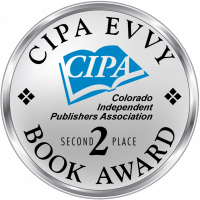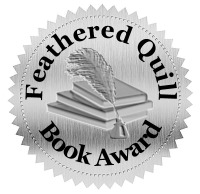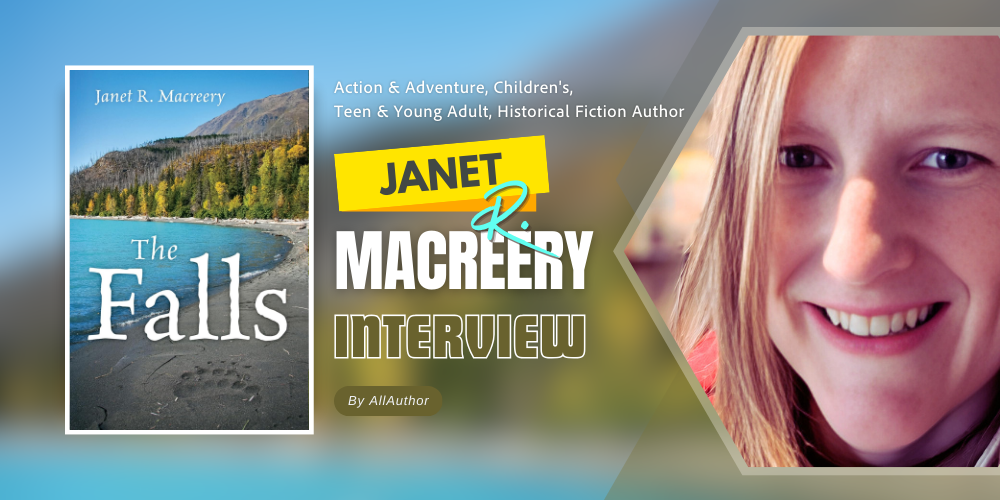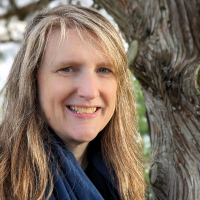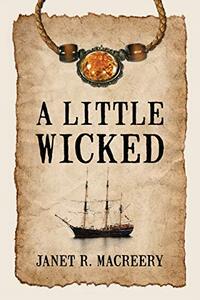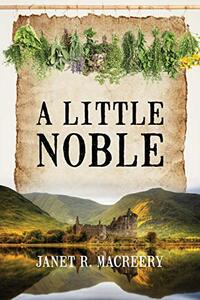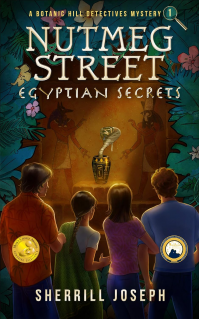Your novels, A Little Noble and A Little Wicked, have received significant acclaim. What inspired you to write these historical fiction adventures?
The spark for my first book and its sequel, A Little Wicked and A Little Noble, happened on a visit to the Glencoe Visitors’ Centre. Their exhibit about the massacre that occurred there in 1692 captivated my attention. The question of what happened to the survivors stayed with me. Months later, I learned that the Salem Witch Trials started in the same year. The idea of telling a story by joining these two events, which happened an ocean apart but at the same time, and connecting them through one person intrigued me.
How do you approach blending historical accuracy with storytelling? Do you find it challenging to balance fact and fiction?
The challenge is blending my fictious characters into an existing historical world. For me, it’s important to be completely immersed in an area when I do research, as much as possible. That way when I write a scene, the details are just there. I know how something looked, or smelled, or felt, or tasted. I then go back through my research to make sure I remembered correctly.
You’ve mentioned that your travels across the U.S. and Europe inspire your writing. Can you share a specific place that sparked an idea for one of your novels?
The first two books were inspired by a trip to the Glencoe Visitors’ Centre in Scotland while the most recent book, The Falls, came about after a trip to Brooks Camp in Katmai National Park and Preserve in Alaska. I didn’t go on either trip expecting to write a book about it. I was inspired while there and then did research to fill out the story.
What kind of research process do you follow when writing historical fiction, and how do your travels contribute to this?
To me, there is nothing more important in writing historical fiction than to have boots on the ground. Yes, I read extensively in books, journals, online articles and interviews. I studied photographs from the time period. All of that is important but it’s not enough. There is history and sense of the past in a place that cannot be relayed through books or internet posts or photos.
Your latest novel, The Falls, offers a new adventure. Can you tell us more about the themes and setting of this book?
The Falls is a middle grade historical fiction adventure that takes place at Brooks Camp in Alaska in 1953. Brooks Camp is located in what is now Katmai National Park and Preserve. Eleven-year-old Monty must accompany her father to a fishing camp in the wilds of Alaska for his summer job. As the only child at camp, she must contend with bullying, try to establish friendships, survive the wilds of Alaska, and preserve her most precious relationship, the one with her father. The story incorporates loads of information about the plants and animals in the area as well.
What drew you to historical fiction as your primary genre, and how do you choose the time periods you write about?
I look at historical fiction as license to both honor and change history. Either you alter the outcome of an historic moment and see how differently events would have unfolded or you find places where historians can’t agree or prove what happened. You get to fill in the holes in history and see what transpires. Making connections between the past and the present without causing anachronisms is fun for me and seems to connect with readers. The time periods depend on the locations that inspire me.
As an adventurer seeking out the best hot chocolate, how does this quest tie into your writing? Have any of your characters shared this passion?
Great question! The quest to find the best hot chocolate enhances our desire to travel and travel sparks my inspiration. So far, my characters have not searched for hot chocolate, but I do have some ideas. Stay tuned!
How do your personal travel experiences influence the way you build the worlds and characters in your stories?
The locations and time periods set the parameters for the worlds of the books. I need to stand where the characters will stand. Walk where their footsteps would be. Experiencing the same physical location even decades or centuries later is essential when writing historical fiction. Many of the ecological and geological details remain the same over time. People often take great pride in where they live and have stories that are not written down anywhere. Not everything is on the internet. All these details find their way into the manuscript increasing the authenticity and enriching the world of the story.
Your books are known for their detailed historical settings. Do you have a favorite historical period to write about? Why?
I love history and learning more about all time periods. Traveling is truly what dictates in which time periods my stories exist.
Many authors find specific moments in history compelling. Is there a particular historical event that you’d love to explore in a future novel?
What an interesting question. I’m not sure I have a specific time period calling to me at the moment. I’ll have to see what happens during my next trip!
What has been the most rewarding part of being a multi-award-winning author? How has the recognition influenced your work?
The reward of writing is having people take the time to read what you wrote. Everyone will get a slightly different experience when reading, depending on what they are bringing from their own lives. I hope people relate to the characters or situations and enjoy the descriptions of the locations and time periods.
What advice would you give to aspiring writers interested in diving into historical fiction?
Read historical fiction, non-fiction, and fiction. Be open to getting sidetracked while researching because you never know where it might lead but don’t use it as an excuse to procrastinate. Another useful inspiration is to attend or watch lectures and talks given by experts in the topics included in your story. The most important tip is to write!
When researching, how do you decide what details are necessary to include to maintain authenticity without overwhelming readers with too much history?
That’s a big issue, actually. I have loads of information that didn’t make it into my books. Every story has a goal. Everything in the story has to serve that goal. Which means no matter how interesting a fact may be, if it doesn’t help move the plot forward or reveal something about a character, it gets left out.
After all your travels, have you found the ultimate hot chocolate, or is the quest still ongoing?
My husband and I chronicle our search on our YouTube vlog called Hot Chocolate Journey. We have found a few what we call five-out-of-five hot chocolates but as for the ultimate? It’s still elusive…
What are your thoughts on AllAuthor? Is this a website you see yourself using for some time, even in the future?
Building a community as an author is important and AllAuthor is a great addition to mine. I’m enjoying finding new authors and learning from their practices. The images AllAuthor creates for social media are fabulous and a great reminder to post, as well.






